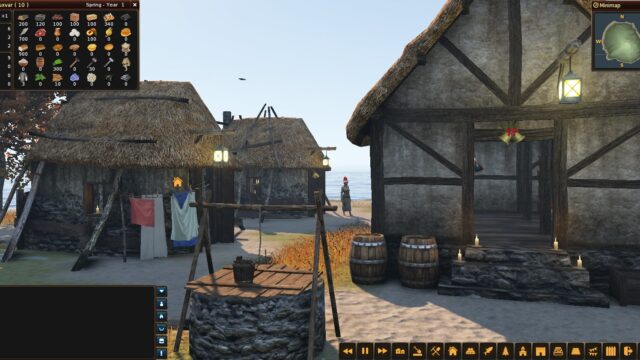Civilization 5: Gods & Kings Review
Good news! Gods & Kings is not that good.
Like an annoying ex-girlfriend, Civ 5 still looks great. Its all-encompassing historical narrative is just as captivating, meaning the game is still a meticulously crafted black hole that sucks up your time. While playing, you may unexpectedly find yourself thinking that providing citrus to a city is more important than going to the bathroom. A fantastic expansion could put an end to the civilization we know. It would be as ironic as it is painful. You would need your own generator to play Civ 5.
But yes – Gods & Kings is not that good.
You won’t notice any downsides from the top of the list of new features. The expansion adds 9 new civilizations (Netherlands! Maya!), each with its own unique ability, units, and/or buildings, as well as a decent amount of new technologies and structures (Golden Shield Project! Bomb Shelters! Machine Gunners!).
The main intrigue is created by the introduction of religion and espionage into the game, providing even more scope for global plans on the world map. Finally, naval battles, diplomacy, and city-states have been improved, some attention has been given to the unconvincing AI, and three new scenarios have been added for fans of something special, like steampunk.
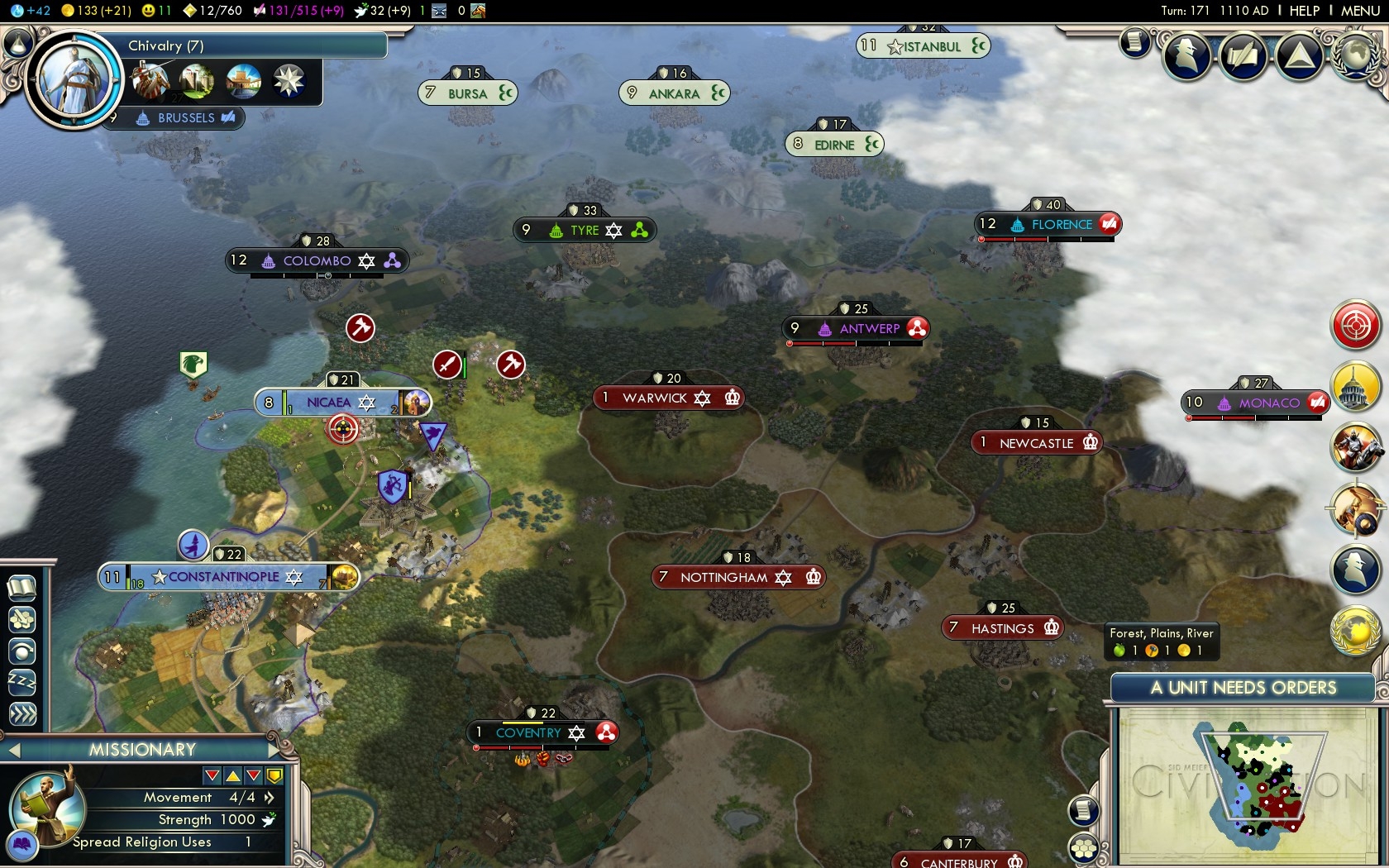
Instead of focusing on one area, Gods & Kings is a strategic smorgasbord. We will start with the most appetizing dishes and move on to the rest.
The most important innovation is religion, which introduces a completely new resource – Faith. In one game, I had an amazing situation where my Spaniards fought for Mount Fuji for 200 years simply because it was a plentiful source of Faith.
By accumulating enough Faith, you can create your own religion – in my case, of course, Spanishism – which will spread throughout the world gradually and with the help of missionaries (acquired with Faith points) and Prophets (a new type of Great People). And most importantly, each of your cities that converts to this religion will receive a Founder’s Bonus of your choice (for example, +1 happiness if there is a river nearby), while converted cities of other civilizations will receive a different bonus, which you will also choose from the same long list, but in this case, you should try to pick the most useless one.
This is an interesting mechanic, and what is particularly appealing about it is that it allows you to further develop the specialty of your civilization and also mitigate its weaknesses. However, the system loses its power at this point. Spreading your Sikhism or Islam (Russianness? Italianism? Perhaps you are more inventive than I am) throughout the world will deprive other civilizations of their own bonuses, but it is unlikely to destabilize or prepare them for your invasion.
Over time, technologies can unlock a unique building for your faith, and the Messiah will have the ability to build a shrine on the world map, but this happens quite rarely. This, plus the mediocre visual design of religious content, suggests that the system is not as deeply integrated into the game as it should be; it rather resembles a thrown-on Turin Shroud.
But it is still robust and well thought out. And when you can start buying units with Faith points, a civilization focused solely on religion takes on a sharp militarized character. By the way, compared to espionage, religion interested me less. I was almost ready to call espionage tempting. Haven’t you ever wanted to control elegant gentlemen on the global map? That’s what I’m talking about.
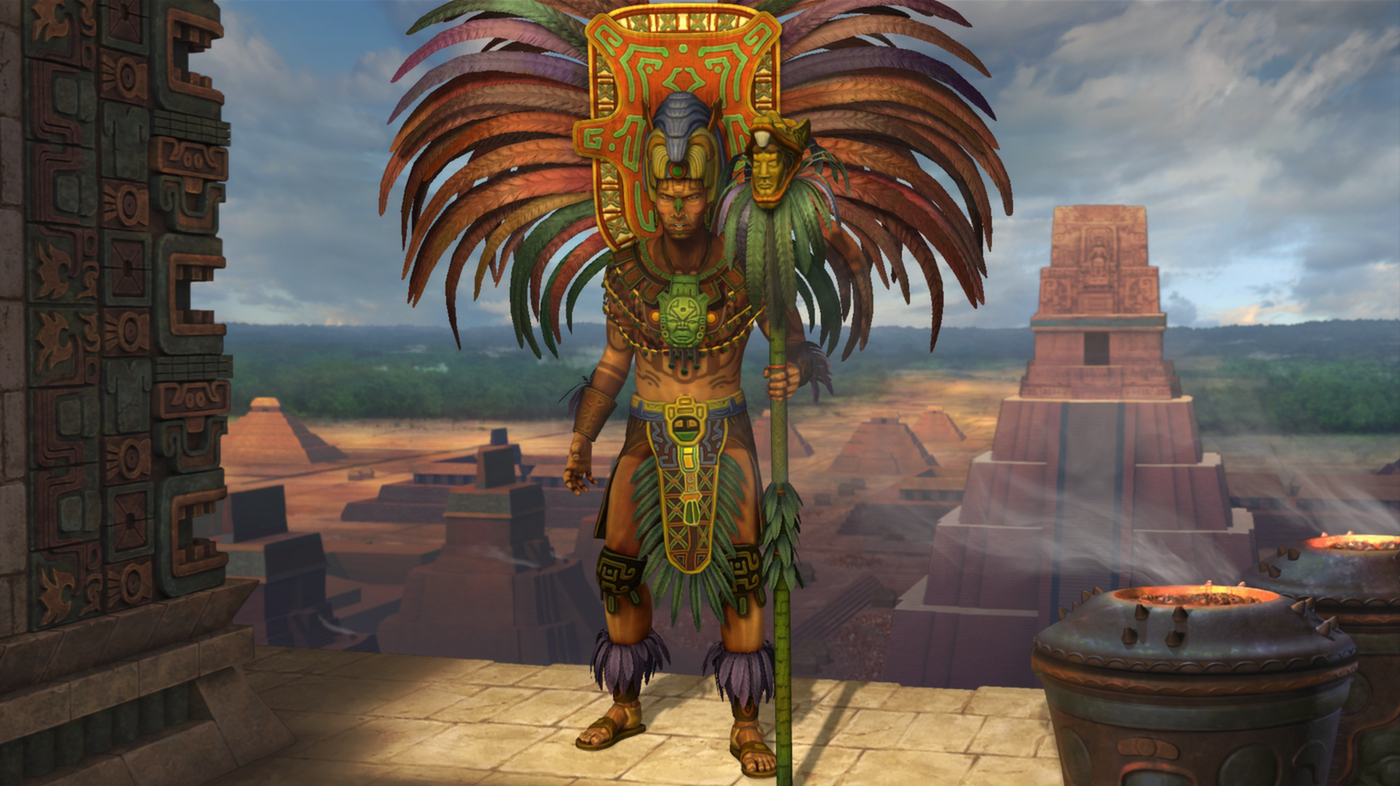
Espionage is like a menu. When someone reaches the Renaissance era, each civilization receives one spy. Spies can be sent to any discovered city through a simple menu. A spy in a city-state will “rig elections,” increasing your influence and smearing opponents. A spy in an enemy civilization will steal technologies, while in your city, they will defend against other spies. Essentially, these are almost all the possibilities.
Spies can be intercepted or leveled up, but it’s not as interesting as it sounds. The whole system is like a cherry on top of ice cream, with traces of the chef’s fingers. I would definitely eat the cherry (play with the new system), but I wouldn’t pay for the ice cream (expansion) with fingerprints (not the best implementation).
Next up is supposedly improved artificial intelligence, which has always been a sore spot in Civ V. The computer couldn’t defend its cities properly, its diplomacy was unclear, and it always brought an incredible amount of army against you due to the fog of war. It’s like playing against Deep Blue, which had mineral water spilled on its insides by a young intern. At any difficulty level above the overall-easy “normal,” the computer became not a smarter opponent, but a more blatant cheater.
Finding specific improvements in Gods & Kings is difficult, but possible. The computer is still pitifully weak in tactical combat, but this time I didn’t notice anything particularly strange in its actions (like Bismarck’s chariots endlessly breaking against the defense of my capital).
Overall, Gods & Kings is like a perpetually busy father, whose extra efforts will only disappoint you. Civ 5 has gained more civilizations, wonders, units, buildings, technologies, and it’s almost as cool as if your father unexpectedly added money to your bank account.
Cities-states, diplomacy, and naval battles have been treated with care and attention. City-states now give more diverse quests and don’t value gold as much, so gaining their trust is harder but more interesting. Moreover, the enemy will be angered if you form an alliance with one of their allied cities, giving them even more individuality. Naval combat has become more thought-out with the use of admirals and cover from “military stacks.” All of this is great.
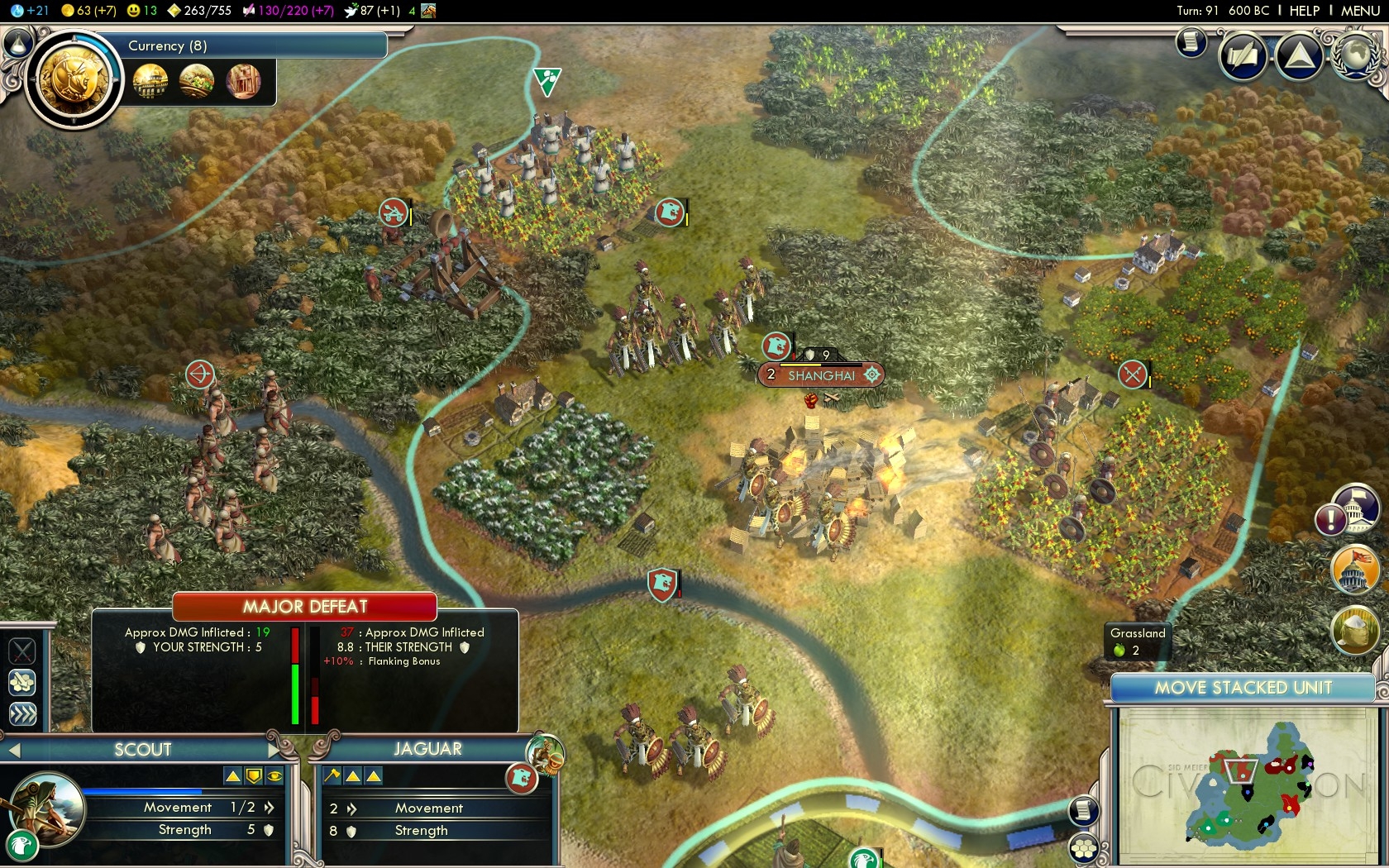
And finally, there are also those separate scenarios. At first, I didn’t understand how it was possible to immerse oneself in the limited space of Ancient Rome or steampunk conversion, as Civilization implies writing its own stories with broad strokes on large canvases. But when my Byzantines suffered a quick and devastating defeat, I realized that scenarios also have their role. They are perfect for breaks between long games when you don’t want to start over and get involved in an endless series of events.
For owners of Civ 5, the main question is whether it’s worth buying Gods & Kings. Not that $10 is too high a price, especially considering that the expansion makes the game relevant again, which means you will get hooked on it again, and for this money, you will get not just a dozen hours of gameplay. In the first day after installing the game, I ate three times – a sandwich for breakfast, a sandwich for lunch, and for a late midnight dinner, I ate… a sandwich. You won’t be able to tear yourself away from it.
However, when you know that espionage, diplomacy, and AI do not live up to expectations, the list of innovations becomes noticeably thinner. This series can rightfully be proud of itself, but everything you pay for this time is little more than an updated dependency. This does not do honor to either Civilization or civilization.
Civilization V: Brave New World
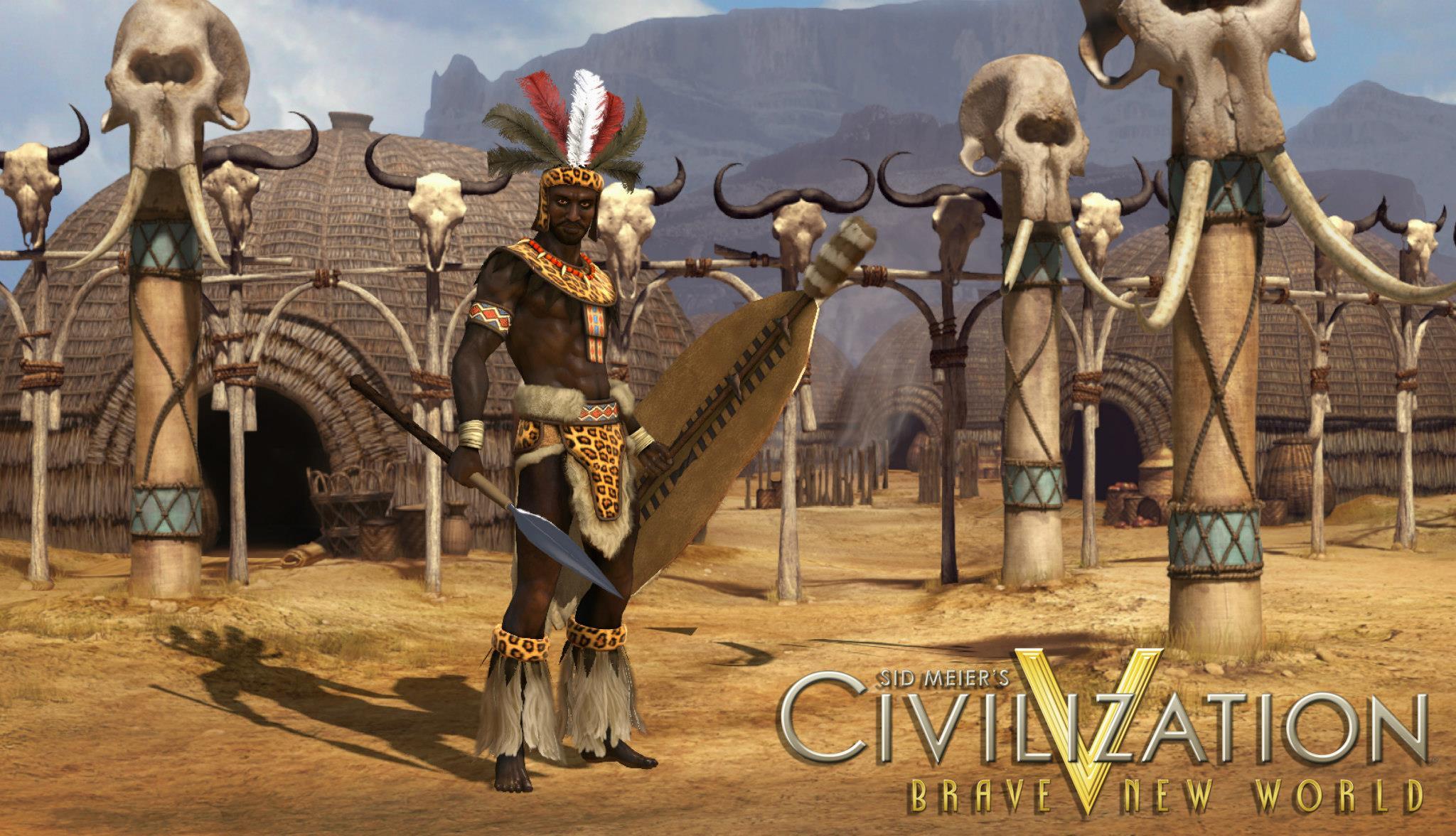
The first impression of Civilization V: Brave New World – in the game, you still can’t take screenshots, the client cheerfully reports an error and crashes to the desktop along with ten hours of unsaved gameplay on a healthy map.
Your heart, nerves, hair, keyboard and mouse cables are all breaking… Fortunately, 99% of Civilization players won’t need to take any game screenshots through Steam, and they won’t experience any of the aforementioned happiness.
Well, other than that – welcome to the wonderful new world! Only official screenshots will be available this time, from escapistmagazine.com.
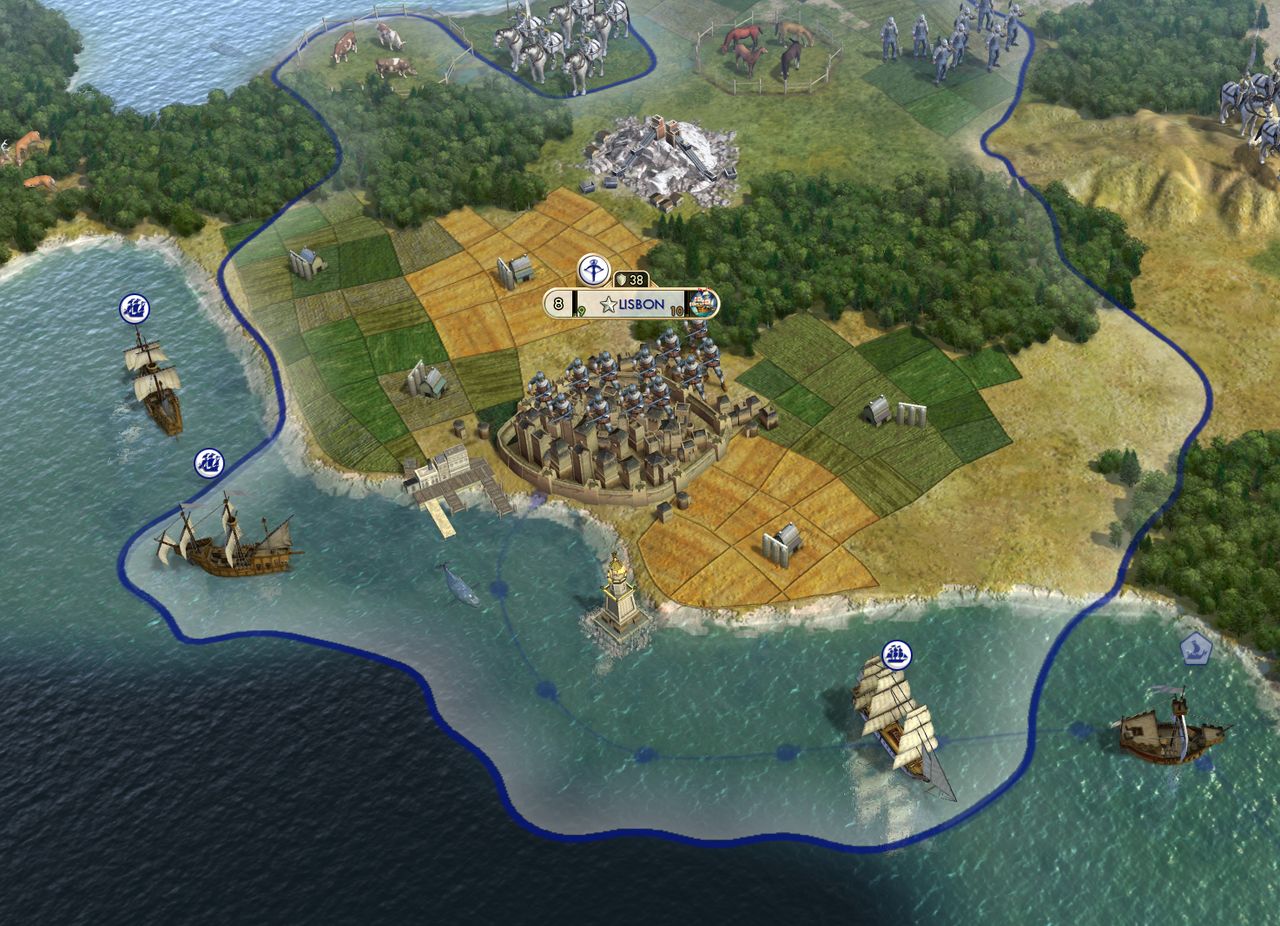
Brave New World is a world of cultural victory. For thousands of years, “Civilization” offered us two ways to peacefully take over the game – a scientific race and a cultural victory (and no, winning by points is not a real victory, it’s impotence, after all, you had to learn to play a little bit during those twenty-something years, in the end).
So it turned out that the creators always ended up building a bunch of amphitheaters in cities with a focus on the future, which always ended up with an excruciatingly boring scrolling of the very last – and consequently, the longest – turns, waiting for the boiling point of Aztec rock and roll to reach a critical mark, and for the rest of the world to bleed from their ears. Brave New World, on the other hand, promised to break this eternal boring pattern and make achieving a cultural victory a fun affair.
You won’t believe it, but it worked.
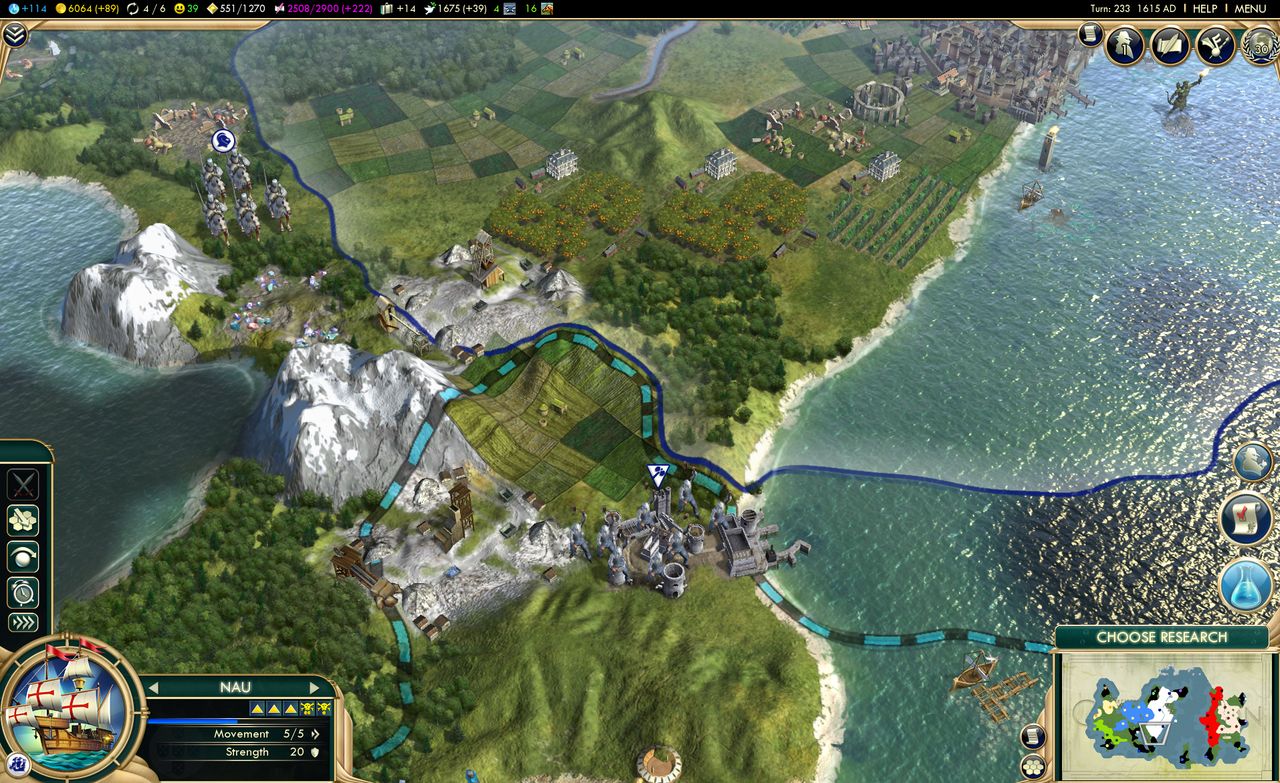
For this wonder, a completely new system of player influence on other civilizations has been introduced into the game. From now on, we enslave the minds of other peoples through tourist trips. Well, figuratively. In fact, we have a new score scale – tourism. It indicates how much we dig into the brains of neighboring nations each turn with our national cultural baggage.
“Soft power” accumulates differently. First of all, you can and should make your great creative people create masterpieces that the whole world will admire. To make it not so simple and template-like, the disco with artists has been significantly deepened. Firstly, from one jack-of-all-trades in the original game, three sons branched out: a writer, an artist, and a musician. They can, of course, do different things. Secondly, for masterpieces, you need to build storage facilities, such as museums. But specifically museums, for example, can only accept painting masterpieces, for plays you need to go somewhere else, like amphitheaters. Some wonders of the world like the Hermitage can accommodate certain things.
And here a certain intrigue arises – how to build everything in such a way that all the junk of masterpieces is scattered in the corners, and so that competitors do not get ahead, and so that there is a balance with the economy and the military-industrial complex, and in general.
My advice: if you want a lot of tourism, attach cathedrals to your religion and generally promote piety, there a very good synergy can emerge. Well, okay, you’ll figure it out from there.
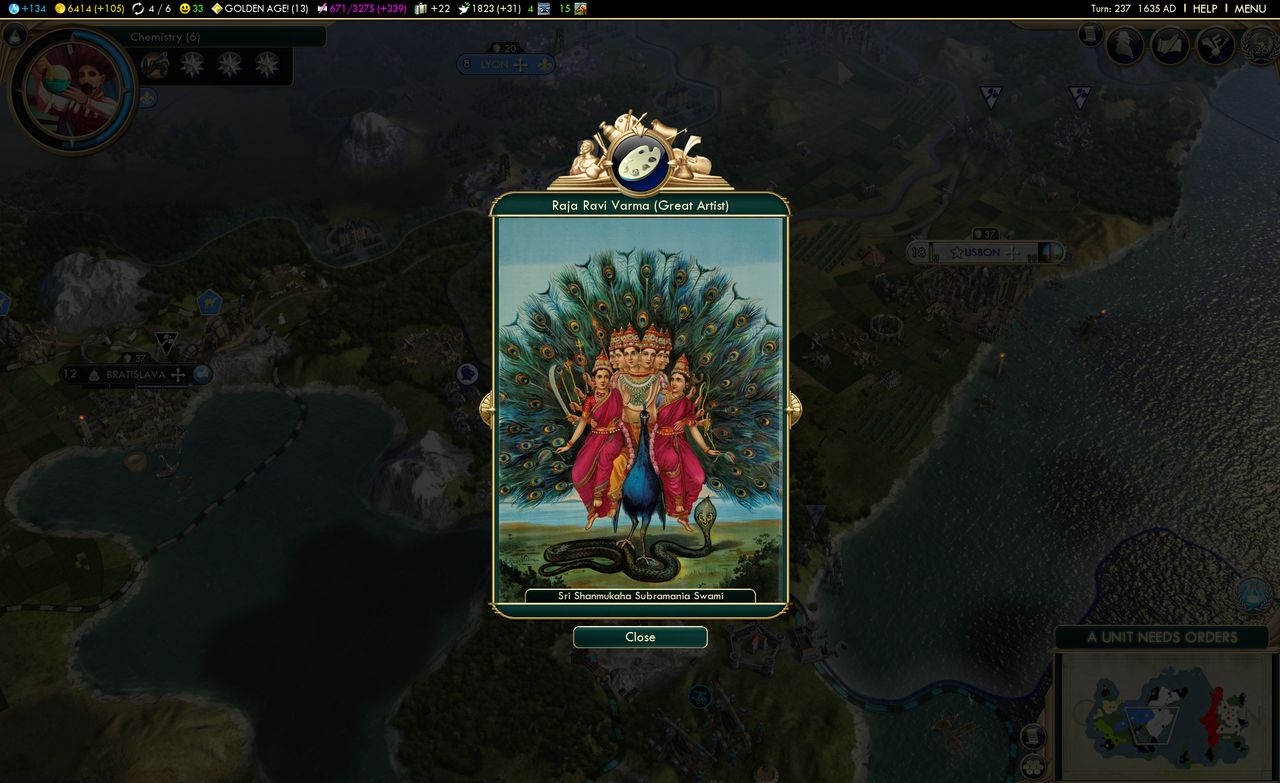
But this is only the first layer. Somewhere in the middle of the game, archaeologists will enter the arena. These new units, Indianajoneses, help to steal cultural artifacts from the world and give the player the opportunity to enjoy the pleasures of discovery twice from the same map. It was difficult to expect anything better than what already existed in the fog of war exploration, but the fact remains – the childlike delight of discovering ruins and convenient cells with rare resources can now be experienced twice per game.
You can even read what your diggers found – an axe from a war between two city-states, American beads, or your own worn-out barbarian camp. It’s amazing, simply amazing, how such small details can transform the game.
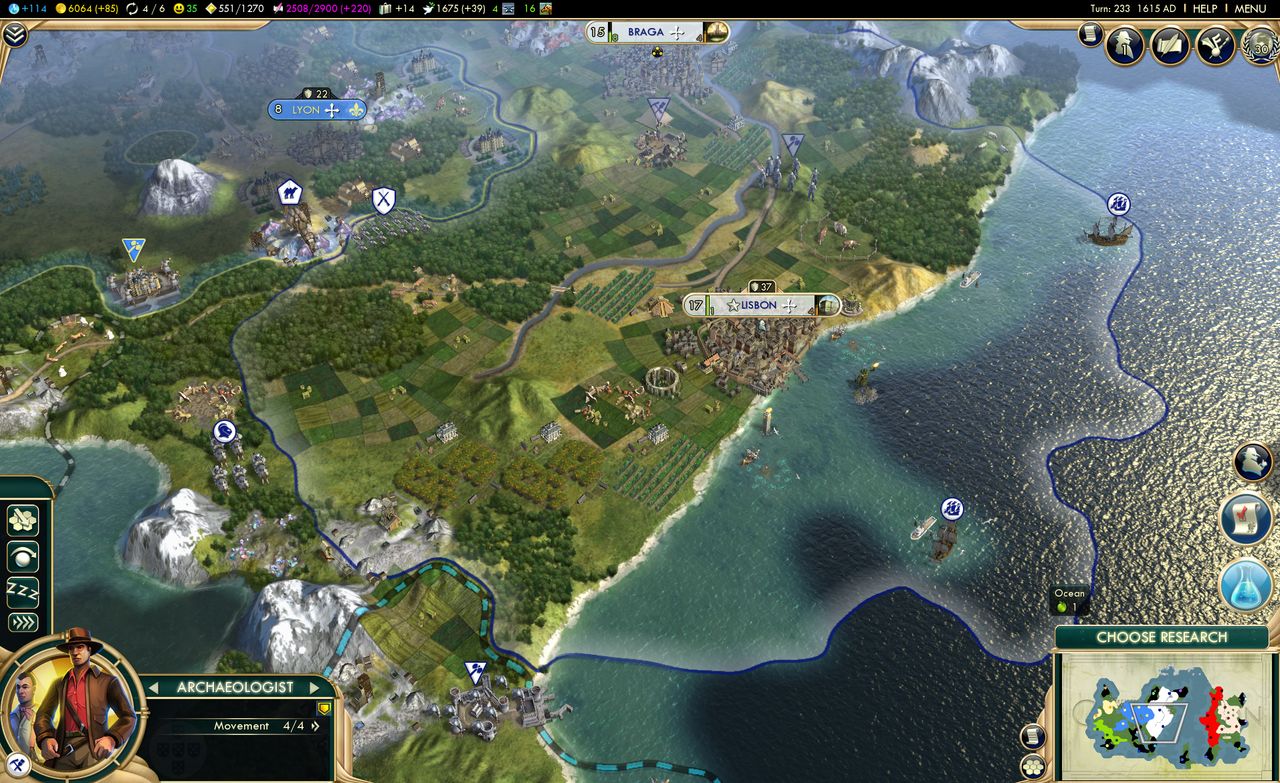
But this is not the end yet. The most touristy race begins towards the end, when you can build hotels and convene a new world assembly for “Civilization”. With the help of the latter, of course, you can fight for old advantages – impose embargoes on rare resources, block trade routes, increase military spending, secure various preferences for yourself. But who needs that when you can vote for hosting the Olympics and make a huge profit from your own tourism?
In general, in Brave New World, I don’t want to fight parties n times until I am satisfied with the new cultural mechanics. In the first days of the game, I fought extensively only with the creature from Portugal, who managed to build cultural wonders in their capital just a couple of turns before I finished them. In the end, I simply took over that capital, leaving the scoundrel to wander in last place with two small cities that I converted to my religion and then prohibited them from trading with anyone.
In general, with the help of the congress, you can actually shake the party quite a bit and make a sharp turn, I recommend taking a closer look at this new feature.
Perhaps it is also worth mentioning the new trade route system, but against the backdrop of the local cultural revolution (too tempting not to use), this innovation looks somewhat insignificant. At least until you start making big money on these very routes. Definitely, definitely build and plunder caravans (achievement about caravans available) and trade galleys – they won’t distract you much from the main entertainment, and there are plenty of benefits from them.
Well, and you can play with the new scenarios, too.
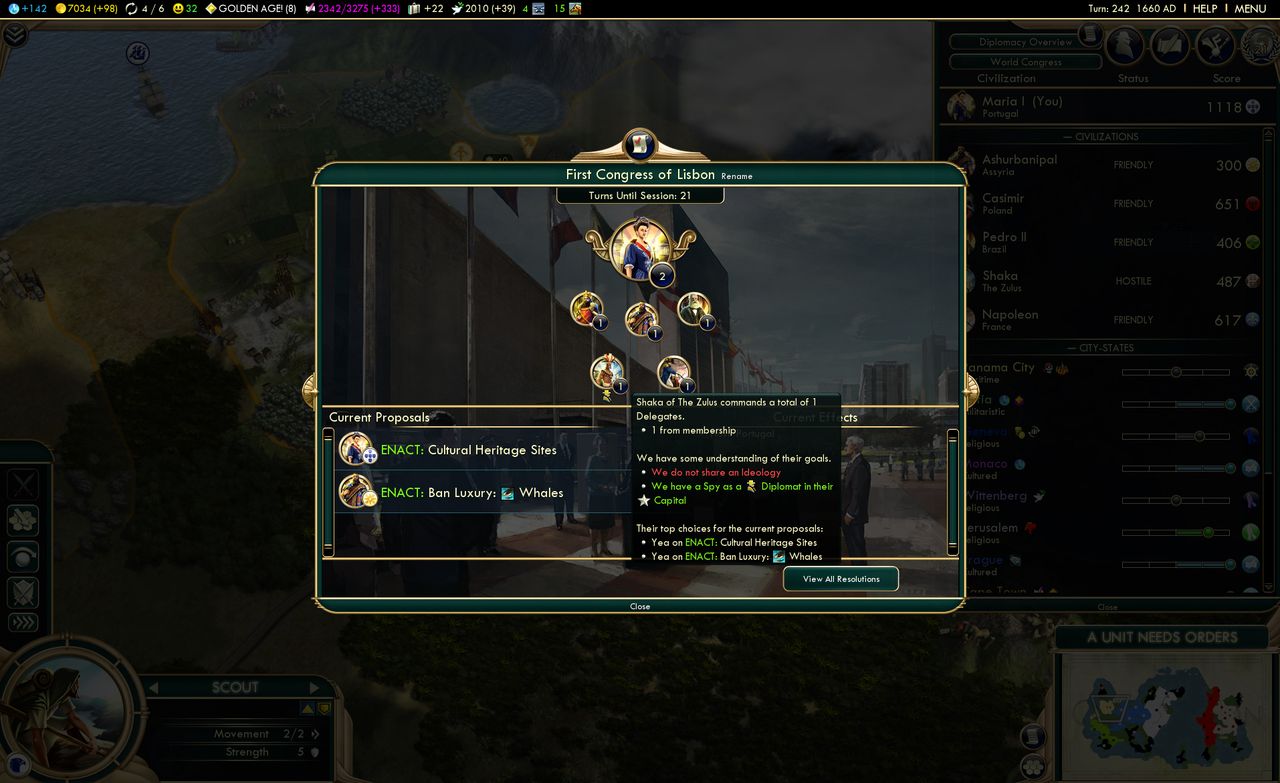
In summary: without a doubt, Firaxis Games has achieved its goal, and now striving for cultural superiority has become much more interesting than actually looking at the winning scoreboard.
Just one question: what prevented them, not ten years ago, but at least in the original fifth “Civilization”, from making everything so cool right away? However, this is such a unique case that:
Talking about deadlines would be inappropriate.
P.S. I was whispered in my ear that for various content of the fifth civilization, like cool cultural branches, the mod makers from the community were initially appointed responsible. Huge, huge stupidity! Who came up with such a complex integrated system for them?
Share
Discuss
More Reviews




